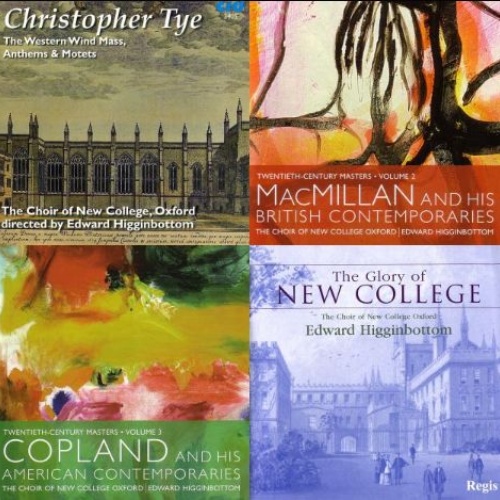Come, Holy Ghost

You can listen to the playlist here.
This week we wrap up the great forty days of Easter, which by coincidence have taken place entirely within the lockdown period. In doing so, we begin and end with the Ascension, and two great motets of the English long sixteenth century. Christopher Tye ended his career as a priest on the isle of Ely, and as an apparently convinced ‘Evangelical’ (as those who approved of the English Reformation styled themselves)—but not before producing some of the greatest Latin church music of the period. His motet Omnes gentes plaudite manibus sets the whole of Psalm 47, and is in two parts. Likewise, Orlando Gibbons sets this psalm in two sections, dividing one verse earlier than Tye, at ‘God is gone up with a merry noise’ rather than ‘Psallite Deo nostro’. And rather than Tye’s five voice parts ranging from low Bassus to high Triplex, Gibbons opts for a texture unique in his extant music: two equal choirs of four voices each. The contrapuntal virtuosity required to achieve an eight-voice texture has led to the suggestion that O clap your hands was Gibbons’s submission for the Oxford DMus degree, for which he supplicated in 1622.
Otherwise, we’re dotting around through time, moving from the twentieth century to the sixteenth and back again with Joubert, Lassus (an unusual through-composed setting of the hymn Veni Creator Spiritus) and Stravinsky, who sets TS Eliot’s poem from Little Gidding in a relatively late serialist miniature. The intensely-worked verse writing of another piece of Gibbons, O God, the King of Glory gives way to the charming melodiousness of Attwood’s Come, Holy Ghost. Then a masterpiece of the early twentieth century, not specifically about Pentecost but invoking the idea of that feast as the ‘birthday of the Church’: the Prologue to Elgar’s oratorio The Apostles. This piece, whose accompaniment is notoriously difficult to realise on even the most ‘symphonic’ of organs, sounds remarkably convincing on our decidedly non-symphonic Grant, Degens and Bradbeer organ, thanks to the work of an unspecified Organ Scholar: one of the distinguished duo of Nicholas Wearne and David Newsholme. I hope you enjoy this week’s selection. If any listeners would like to request a track, please drop us a line at choir@new.ox.ac.uk, and we’ll do our best to fit it in! RQ
